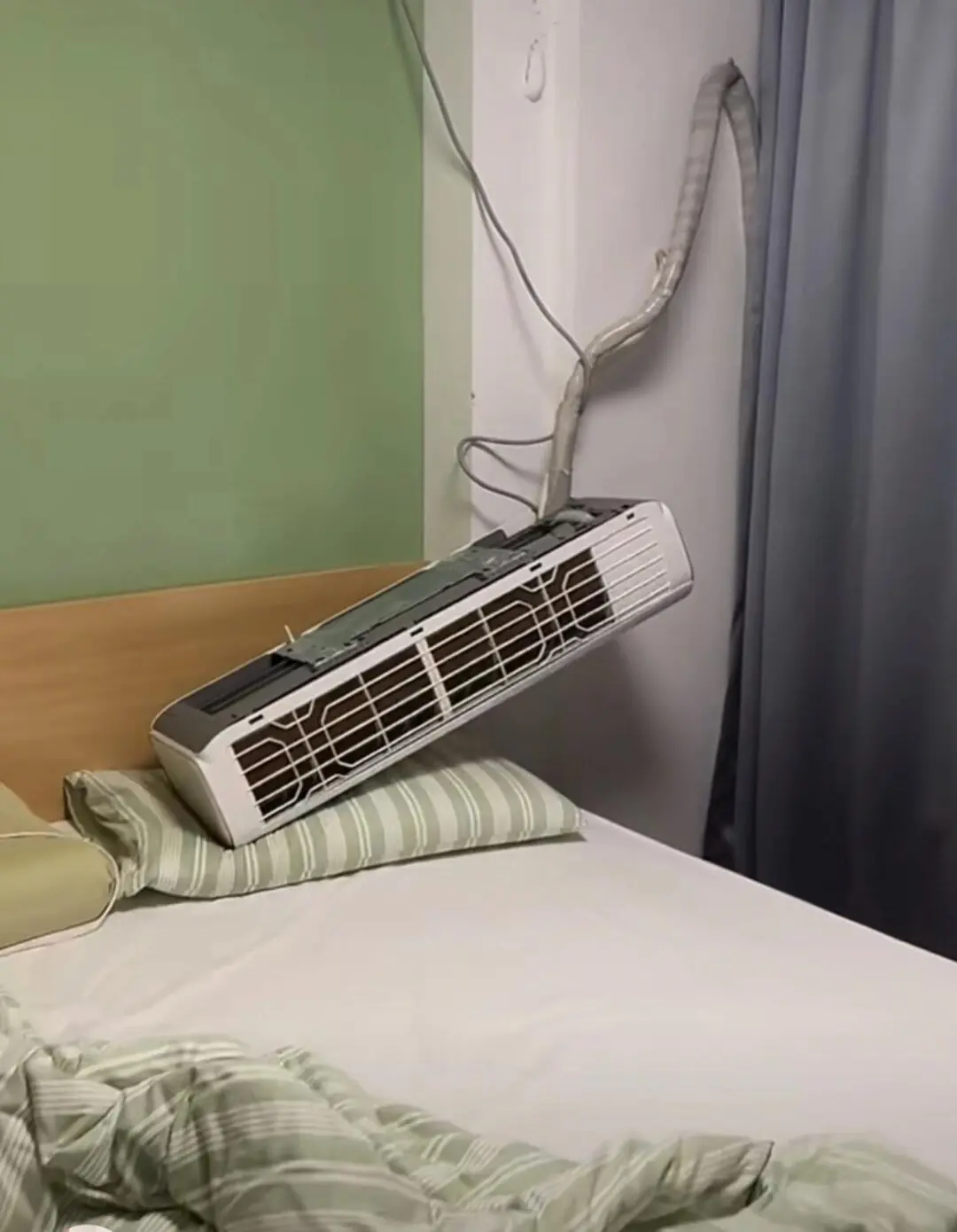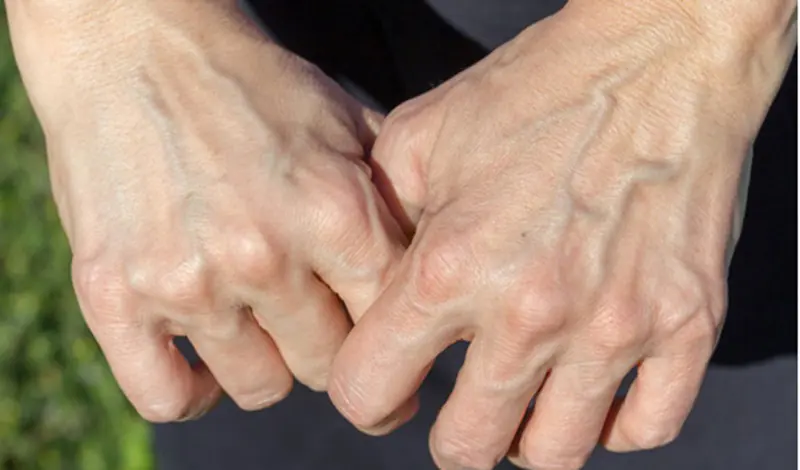
How Sleeping After 11 PM Can Damage Your Body – Expert-Backed Insights

How Sleeping After 11 PM Can Damage Your Body – Expert-Backed Insights
Modern life is fast-paced, full of screens, noise, and stress. Many people end up staying up late, sacrificing sleep without knowing that this habit may seriously damage their health. According to sleep experts and reputable medical sources, going to bed after 11 PM regularly disrupts biological rhythms and increases the risk of several diseases. This article will explore how sleeping late negatively affects your body and why you should adjust your schedule now.
1. Disruption of the Body's Biological Clock
The human body operates according to a natural circadian rhythm, typically following the cycle of day and night. Going to sleep after 11 PM interferes with this internal clock, disrupting the release of important hormones such as melatonin and cortisol.
-
Melatonin, the "sleep hormone," is usually secreted most strongly between 10 PM and 2 AM. If you are still awake during this period, your melatonin production decreases, making it harder to fall and stay asleep.
-
A disrupted circadian rhythm is associated with insomnia, increased anxiety, and poor mental performance the following day.
📌 Scientific Reference:
National Institute of General Medical Sciences (NIGMS) – “Circadian Rhythms,” https://www.nigms.nih.gov
2. Increased Risk of Heart Disease and Stroke
Studies show that people who consistently sleep after 11 PM have a higher risk of cardiovascular problems. Staying up late puts pressure on the heart and blood vessels due to increased stress and decreased rest time.
-
A 2021 study published in the European Heart Journal – Digital Health found that individuals who sleep between 10–11 PM have a lower risk of heart disease than those who sleep later.
-
Irregular or late sleep disrupts blood pressure regulation and raises the risk of atherosclerosis and stroke.
📌 Scientific Reference:
European Heart Journal – Digital Health, 2021: “Accelerometer-derived sleep onset timing and cardiovascular disease incidence: a UK Biobank cohort study.”
3. Weakened Immune System
Sleep is the time when your body repairs and strengthens itself. If you sleep late, you reduce your deep sleep phase — the most important for immune regeneration.
-
Research from the Sleep Foundation and Harvard Medical School confirms that late or inadequate sleep lowers the production of cytokines, proteins essential for immune response.
-
This makes you more vulnerable to infections, flu, and even increases the likelihood of developing chronic inflammation.
4. Hormonal Imbalance and Weight Gain
Sleeping after 11 PM throws your hormones out of balance:
-
Increases ghrelin (hunger hormone)
-
Reduces leptin (satiety hormone)
As a result, late sleepers tend to overeat and gain weight, especially in the abdominal area. Moreover, sleeping late also increases the risk of type 2 diabetes due to disrupted insulin regulation.
📌 Scientific Reference:
Journal of Clinical Endocrinology & Metabolism (2015) – “Sleep and metabolic function.”
5. Skin Aging and Poor Skin Health
If you’re awake past 11 PM, you miss the peak time when your skin repairs itself. Between 10 PM and 2 AM, your skin goes into repair mode:
-
Boosting collagen production
-
Reducing oxidative stress
-
Enhancing cell regeneration
Staying up late leads to dull skin, dark circles, and faster aging.
6. Mental Health Decline

There is a strong correlation between sleeping late and increased risk of depression, anxiety, and emotional instability.
-
A study published in JAMA Psychiatry in 2020 showed that night owls are more prone to mood disorders than early sleepers.
-
Staying up late reduces the brain’s ability to detoxify, process emotions, and restore balance, making you more irritable, forgetful, and mentally fatigued.
7. Poor Liver Function and Detoxification
The liver detoxifies best between 11 PM and 3 AM. If you’re not asleep during this time:
-
Liver detox is impaired
-
Fat metabolism slows
-
The risk of fatty liver and liver enzyme elevation increases
According to traditional Chinese medicine, the Gallbladder and Liver meridians are most active between 11 PM and 3 AM — sleeping during this period helps the liver cleanse the blood and regenerate.
8. Digestive Issues and Metabolism Problems
Sleeping late causes imbalances in gastric acid secretion and intestinal movements, potentially leading to:
-
Indigestion
-
Bloating
-
Constipation
-
Increased risk of gastritis and peptic ulcers
Your metabolism slows down significantly, and nutrient absorption is reduced, leading to fatigue and nutritional deficiencies.
9. Memory Decline and Poor Concentration
Sleep is when the brain organizes and stores information. When you sleep after 11 PM, especially for many consecutive days:
-
Short-term memory becomes impaired
-
Concentration, creativity, and problem-solving skills decrease
-
Risk of neurodegenerative diseases such as Alzheimer’s increases with long-term sleep deprivation
10. Hormonal Disruption in Women
Women who stay up late frequently experience:
-
Irregular menstrual cycles
-
Acne
-
Polycystic ovary syndrome (PCOS)
-
Difficulty conceiving
This is due to disturbances in estrogen and progesterone levels, both of which depend on quality sleep and proper timing.
Conclusion: Change Starts Tonight
Although sleeping late may seem harmless, long-term effects are real and damaging. To protect your health, experts recommend:
-
Sleeping between 10–11 PM
-
Maintaining consistent sleep hours daily
-
Avoiding screens at least 1 hour before bed
-
Creating a relaxing bedtime routine
-
Limiting caffeine and alcohol in the evening
Your body heals best at night — don’t sabotage it by staying up too late.
📚 Trusted Sources Used:
-
Sleep Foundation: https://www.sleepfoundation.org
-
Harvard Medical School Division of Sleep Medicine: https://healthysleep.med.harvard.edu
-
European Heart Journal – Digital Health (2021)
-
Journal of Clinical Endocrinology & Metabolism
-
JAMA Psychiatry
News in the same category


A Little-Known Leaf That Can Be Eaten Fresh or Brewed as Tea

This Vegetable Contains 60 Times More Vitamin K Than Duck Eggs

5 Types of Vegetables Rich in Natural Collagen

A familiar vegetable ranked among the cleanest by the U.S

The royal-class meat highly praised in the U.S

This pot of stew has never been left on fire for 50 years — the reason behind it will surprise you!

No Matter How Tight Money Is, Eat These 3 Types of Meat as Little as Possible

Doctor Warns: 4 Fruits That “Feed” Can.cer Cells

Is it healthier to use cooking oil or lard?

Can a plane in the sky be struck by lightning? Are the passengers inside safe?

Ever seen red-tipped bananas in Europe? Here’s why they look that way

When You Propose, Why Do You Get Down On One Knee? Exploring The Tradition Behind The Romantic Gesture

Drinking cold water at these 5 times can easily cause illness, no matter how much you like it, you should stay away from it

8 Early Signs of Mild Kid.ney Failure That Many People Ignore

Drinking Fresh Ginger Juice in the Morning Offers 5 Special Benefits

4 familiar traditional leaves that help de.t.o.x and cleanse the lu.ngs

Top 5 Everyday Foods That Help Women Reduce Excess Fat After 40

Avoid These 3 Mistakes That Waste Electricity and Harm Your Health
News Post

5 groups of people who should absolutely NOT eat chocolate – the 3rd group will surprise you!

Bitter mouth in the early morning - a silent sign of a serious illness?

A Wild-Growing Vegetable Once Ignored Is Now Highly Sought After

A Little-Known Leaf That Can Be Eaten Fresh or Brewed as Tea

This Vegetable Contains 60 Times More Vitamin K Than Duck Eggs

5 Types of Vegetables Rich in Natural Collagen

People with blue ve.ins should pay attention to this

5 Foods That Can Increase Ca.n.c.er Risk – Should Be Limited In Daily Meals

3 types of fruit that can.cer cells love

Mistake #5: Almost everyone makes it—but few actually notice

A familiar vegetable ranked among the cleanest by the U.S

The royal-class meat highly praised in the U.S

This pot of stew has never been left on fire for 50 years — the reason behind it will surprise you!

Tips to Skim Excess Fat from Greasy Soup

6 Subtle Changes That May Signal the Early Stages of Colo.rectal Can.cer

Onions Aren’t Just for Cooking: 5 Surprising Hacks

No Matter How Tight Money Is, Eat These 3 Types of Meat as Little as Possible

Want to Know If a Shrimp Is Farm-Raised or Wild-Caught?
